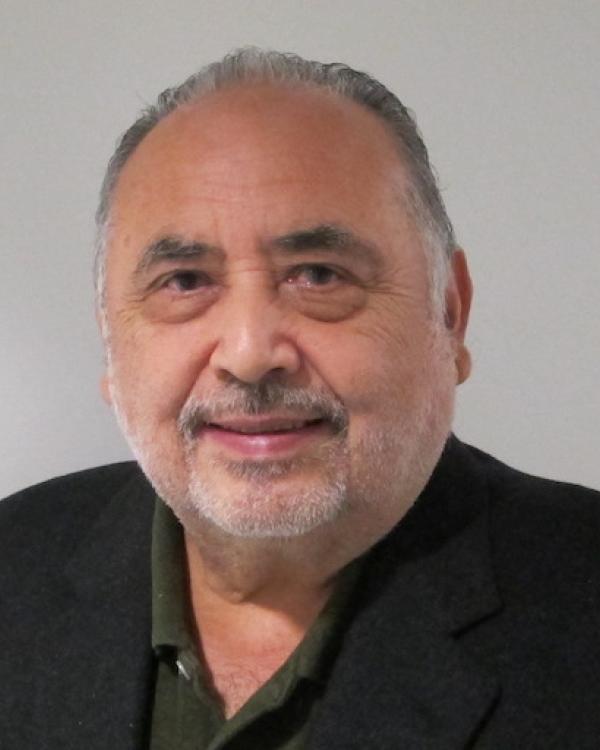
Richard Durán, professor at UC Santa Barbara’s Gevirtz School, will give the presentation “Ubiquitous Computing Design as Meaning Making” on Monday, November 15 at 1 pm PST. The talk is presented by UCSB’s Media Arts & Technology Seminar Series.
The presentation will take place on Zoom and afterward be posted on Vimeo.
Our notions of human learning and cognition in the learning sciences are undergoing sweeping changes as we better grasp the relationships between human’s embodied mental construction and interpretation of everyday reality and its relationship to the material world, society, and culture. Durán will review Chalmer’s notion of extended mind and the notion of situated cognition as examples, with updated concern for how ubiquitous computing design and related technologies have become widespread as resources for edge scientific advances, literacy learning, culture creation, and expression. He will call attention to the importance of calling attention of these developments to young people underserved by the education system and society at large.
In light of these concerns, Durán will review efforts to introduce ubiquitous computing into expansive learning activities conducted by immigrant Latinx youths in a maker space at the St. George Youth Center in Isla Vista.
Media Arts and Technology (MAT) at UCSB is a transdisciplinary graduate program that fuses emergent media, computer science, engineering, electronic music and digital art research, practice, production, and theory. Created by faculty in both the College of Engineering and the College of Letters and Science, MAT offers an unparalleled opportunity for working at the frontiers of art, science, and technology, where new art forms are born and new expressive media are invented.
Richard Durán is a professor in UCSB’s Department of Education and Associate Dean for Faculty Equity at the Gevirtz School. His research interests include notions of extended mind and computational thinking from a learning sciences perspective and how we can pursue equity and affirmative development of persons from underserved communities enabled by collaboration and inventive use of technological tools.